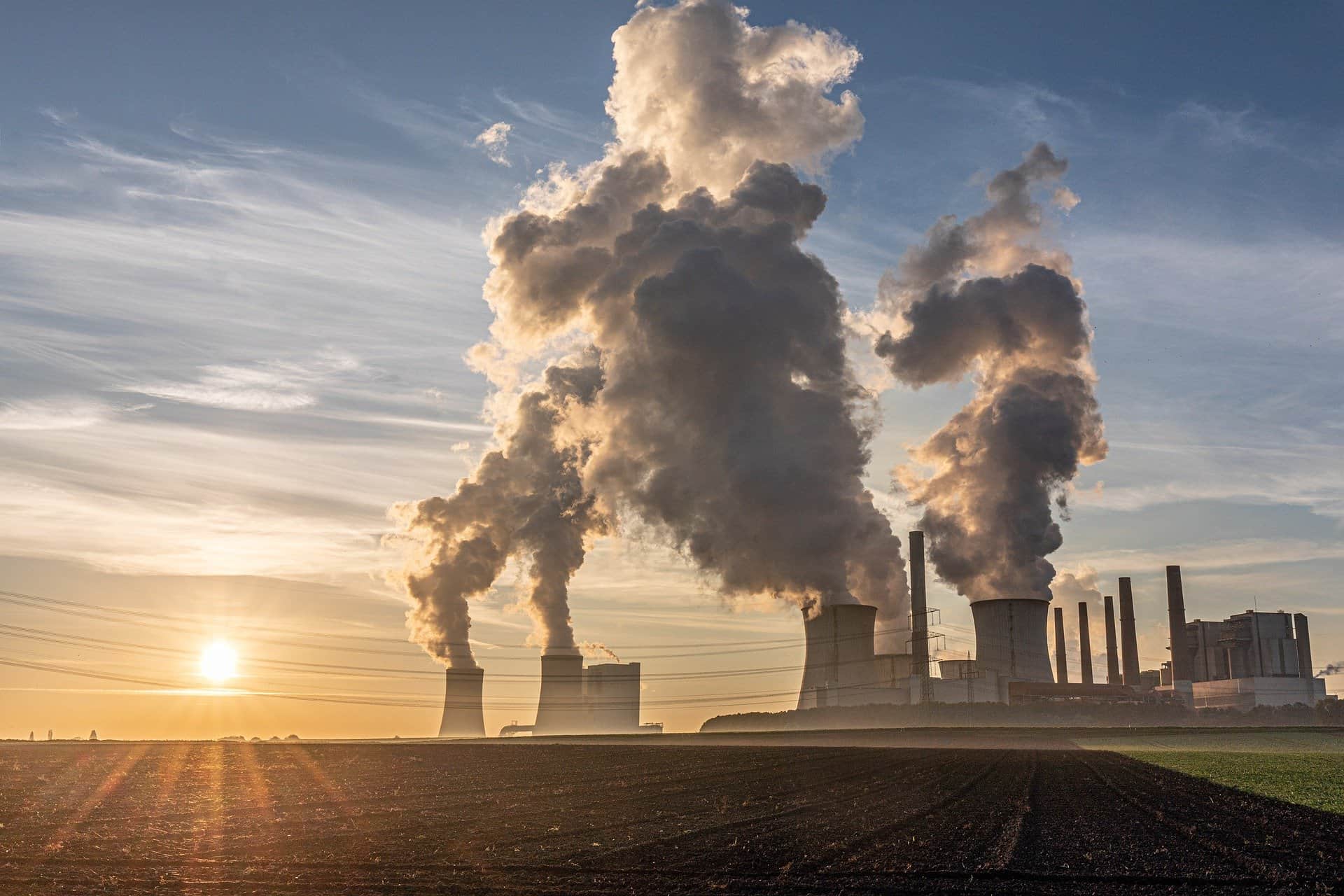Oslo, Norway — Norwegian fertilizer group Yara International on Monday signed a contract to begin transporting CO2 produced at its Netherlands plant to Norway so it can be buried under the seabed, as of 2025.
The agreement with Northern Lights, a joint venture grouping oil giants Equinor of Norway, Anglo-Dutch Shell and TotalEnergies of France, will enable the “first cross-border transportation and storage of CO2,” Yara said in a statement.
Carbon capture and storage, a solution aimed at helping halt climate change, involves capturing carbon dioxide emissions at factory smokestacks and burying them underground in geological reservoirs.
The Yara contract concerns CO2 from ammonia production at its Sluiskil factory in the southwestern Netherlands, which already captures a large part of its carbon dioxide for industrial use.
After being liquified, the CO2 will be transported by boat to Oygarden, where a terminal is under construction for Northern Lights on Norway’s coast, then injected into the North Sea seabed at a depth of around 2.6 kilometres (1.6 miles) for permanent storage.
“This is a milestone for decarbonizing hard-to-abate industry in Europe,” Yara chief executive Svein Tore Holsether said in a statement.
The contract, announced in August 2022 but only formally signed on Monday, will come into force in 2025, and as of 2026 will enable the annual storage of 800,000 tons of CO2 produced at Sluiskil.
Northern Lights, which will be able to begin receiving CO2 next year, will have an initial capacity of 1.5 million tons of CO2 before being ramped up to five million tons in a second phase.
Danish energy group Orsted and Germany’s Heidelberg are also expected to ship CO2 generated at a biofuel plant and cement factory respectively to Northern Lights in 2025 or 2026.
CCS technology is complex and costly but has been advocated by the UN’s Intergovernmental Panel on Climate Change (IPCC) and the International Energy Agency as essential to addressing global warming.
Some environmentalists have however expressed concern about the risk of leaks and warned the technology could provide justification for the continued use of fossil fuels and divert attention away from investments needed in renewable energies.
Several dozen CCS projects exist worldwide.








